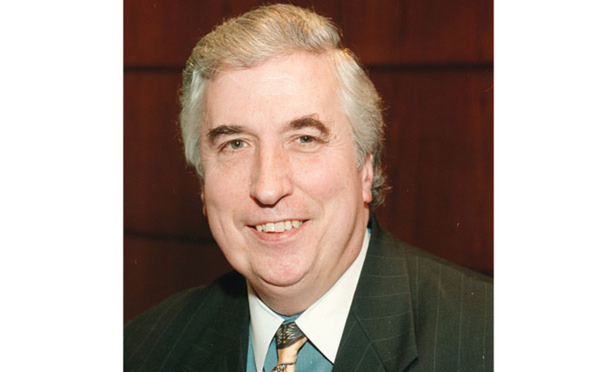A drama is playing out in Boston federal court before a respected judge that could prove to be a legal “Watergate,” one that could reshape class action practice.[1] Combining elements that are both sordid and comic, this litigation has already shown that the leading experts on legal ethics disagree significantly over what must be disclosed to the court approving a class action settlement. More importantly, although this episode could prove to be an isolated aberration, the other possibility is that the behavior at issue in this case may occur regularly. As all New York City tenants know when they see a single cockroach crawl across their kitchen sink, that lone example may have many cohorts lurking just beneath the surface. There is never just one cockroach. Put differently, an active market may today exist in which politically connected attorneys charge extraordinary contingent fees, requiring payments in the millions of dollars, for introducing and connecting prominent plaintiff law firms with public pension funds and other institutions capable of serving as lead plaintiffs’ in major class actions.[2] The attorney who plays this hidden brokerage role does no work on the case, makes no appearance in court, and may not be known to the client, most of the class counsel in the case, the class representatives, or the court!
Our story begins on a benign note. A group of plaintiff’s law firms bring and ultimately settle three class actions against State Street Bank and Trust Company, alleging unfair and deceptive practices by the bank, which served as the custodial bank for public and private pension funds in conducting foreign exchange transactions. These consolidated class actions settled for $300 million and Judge Mark Wolf approved the settlement on Nov. 2, 2016 and awarded plaintiffs’ counsel an approximately 25 percent fee award—or, more specifically, $74,541,250 in attorney fees and $1,257,699.94 for expenses.[3] This was not a securities class action, and thus the Private Securities Litigation Reform Act (PSLRA) did not apply.[4] Rather, this was a new style of consumer class action that grew out of an earlier California qui tam cause of action that first revealed that custodial banks were overreaching public pension funds. Counsel in both that successful qui tam action and the first subsequent class action raising similar claims (which was against the Bank of New York Mellon) were Lieff, Cabraser Heimann & Bernstein (Lieff Cabraser) and the Thornton Law Firm (Thornton).[5] Their class action settled in the Southern District of New York in September 2015 for $355 million, plus other fines and penalties paid to public agencies.[6] In the State Street litigation, class counsel was Labaton Sucharow, which had had a longstanding relationship with the lead plaintiff, the Arkansas Teacher Retirement System (ATRS). Although the Labaton firm is a recognized and competent player in securities and other class litigation, it is seldom classified (in my judgment) with the preeminent firms of the plaintiffs’ bar, and it brought in Lieff Cabraser and Thornton for their expertise in forex trading litigation. This strategy worked, and a settlement was reached and approved in 2016. But neither Lieff Cabraser nor Thornton nor the other firms in the other consolidated actions seemed to have learned about a special agreement that Labaton had relating to ATRS as a lead plaintiff.


 John C. Coffee Jr.
John C. Coffee Jr.




